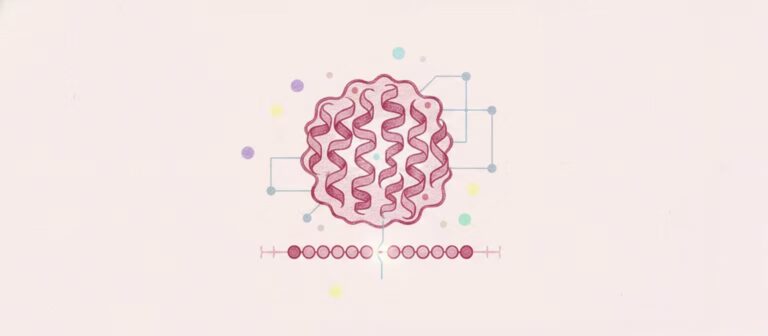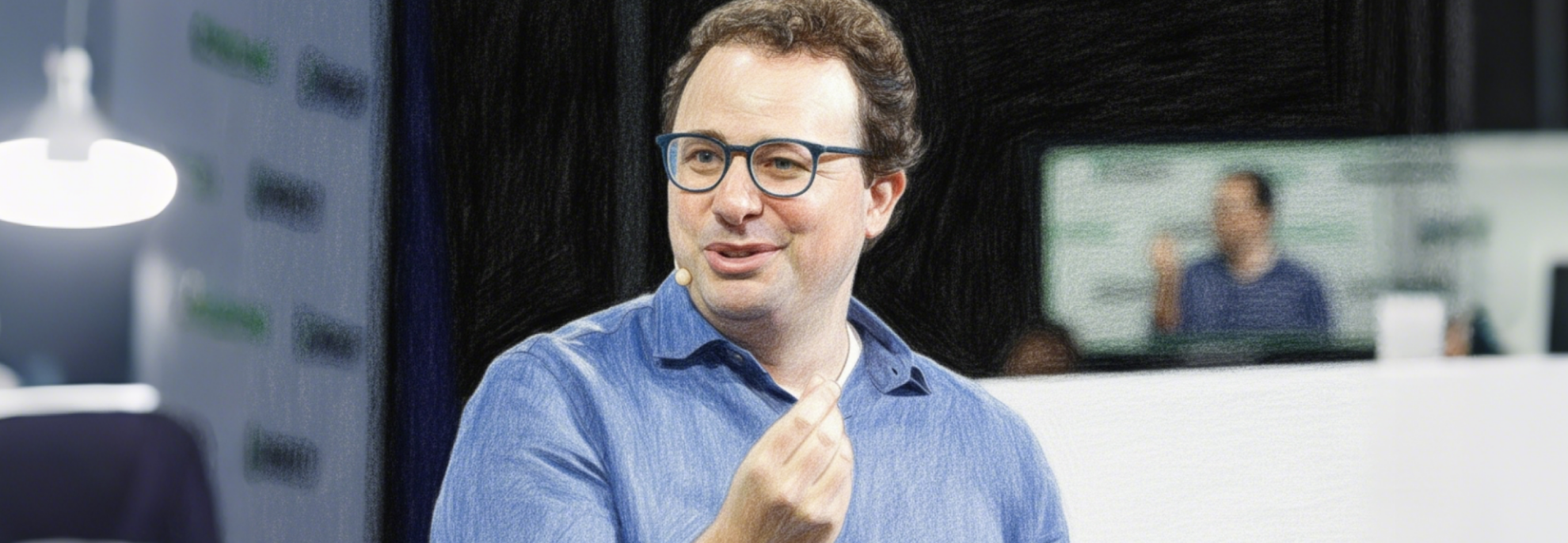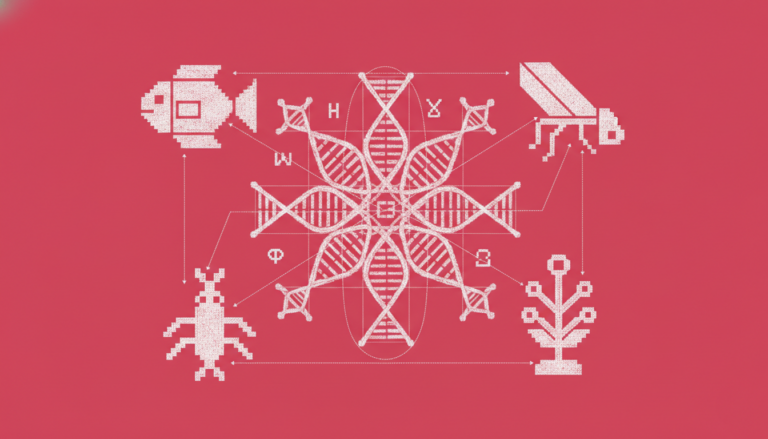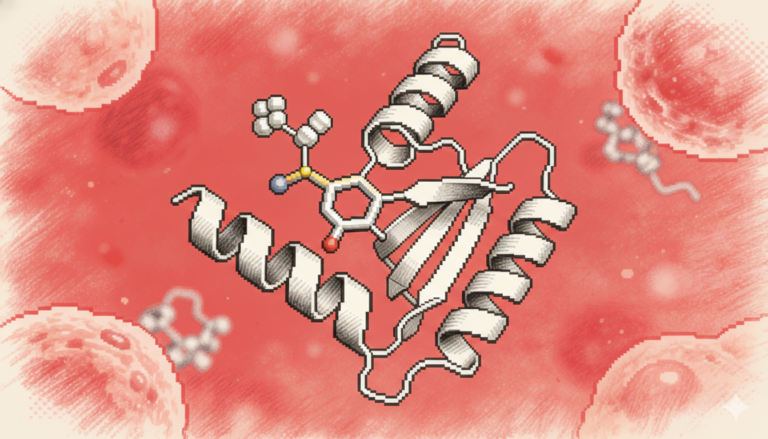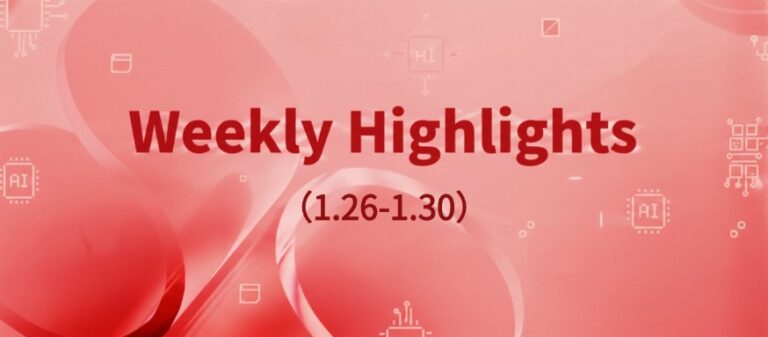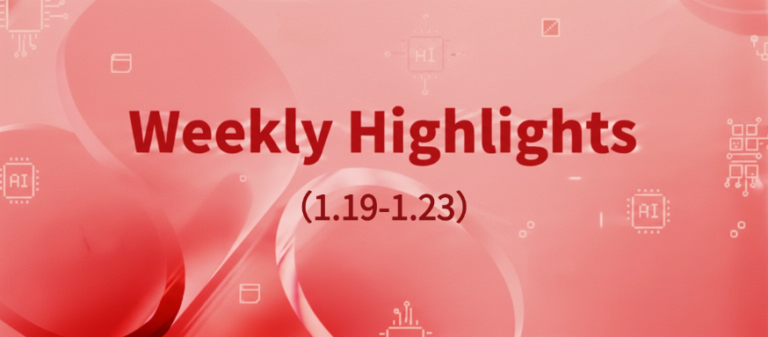Command Palette
Search for a command to run...
AlphaFold Wins the Nobel Prize, DeepMind CEO's Acceptance Speech: The Best Scientists and AI Will Accomplish Incredible Work
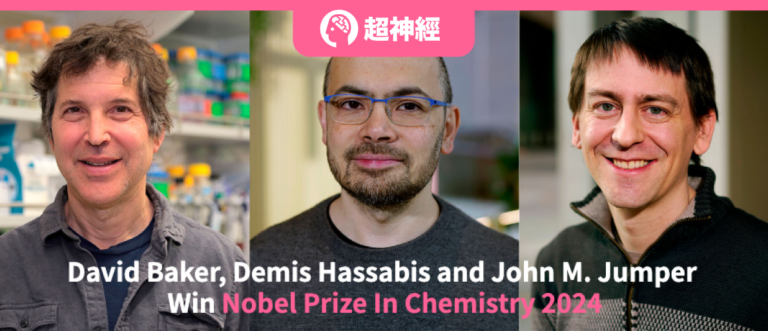
After the "Godfather of AI" won the 2024 Nobel Prize in Physics, AI won another victory and won this year's Nobel Prize in Chemistry.
On October 9, Beijing time, the Royal Swedish Academy of Sciences announced the winners of the 2024 Nobel Prize in Chemistry.Half to David Baker,for his contributions to computational protein design;The other half was awarded jointly to Google DeepMind CEO Demis Hassabis and senior scientist John M. Jumper.In recognition of their achievements in protein structure prediction, the prize money is 11 million Swedish kronor, equivalent to about 7.5 million yuan.
The multiple awards of AI in the Nobel Prize this time may seem unexpected, but they are well deserved. Especially in the Chemistry Prize, David Baker is a pioneer in the field of protein design. He was the first to develop methods for designing and predicting the three-dimensional structure of proteins, creating new proteins, and solving medical problems based on innovative software and algorithms.
There is no need to elaborate on AlphaFold, jointly released by Demis Hassabis and John M. Jumper. This major breakthrough in the field of protein structure prediction has won numerous awards and seems to be ready to be crowned the Nobel Prize.
At present, the 2024 Nobel Prizes have not yet been fully announced.There may still be room for imagination in AI regarding the award of the Nobel Prize in Physiology or Medicine.Perhaps there will be new results next year that will impact the award.
3 winners gave speeches online
After the awards were announced, the Nobel Prize officials contacted the three winners and conducted a brief online interview.
Demis Hassabis said, "In the foreseeable future, I think AI tools will enable individual scientists to do more. Because these systems are essentially tools, they are very good at analyzing data, finding patterns and structuring data. But they cannot replace human scientists to think about the right questions, make hypotheses or inferences. So, these things still rely on human scientists to do. I think,The best scientists, paired with these AI tools, will be able to do incredible work.Even smaller teams can rely on tools to do more basic work.”
Demis Hassabis said there is not much difference between research being supported by the private sector and not by universities.I believe that as long as we stay true to the scientific method and focus on basic research with a rigorous scientific attitude, we can do great science anywhere.A lot of new scientific areas and discoveries require a lot of resources, especially computing resources, and these often require a lot of money. So why not use the private sector to fund these efforts? We are doing this at Google DeepMind. "
“This is an outstanding team,” co-winner John Jumper said in a phone interview.As a scientist who has been doing computational biology for many years, I have always believed that we need computational technology to solve biological problems. Now it is starting to work and it is being recognized so quickly that it is incredible.I am especially pleased that our work can directly help people stay healthy, which is really amazing!”
In addition, when asked how it felt to share the award with a competitor, another winner, David Baker, said frankly,I never felt that we were competitors, but rather that AlphaFold was very inspiring."
As we all know, David Baker is a scholar who has made outstanding contributions in the field of biochemistry. He is a professor of biochemistry at the University of Washington School of Medicine.

As early as 2003, David Baker successfully designed a new type of protein.Since then, he has led his team to develop protein structure prediction and design tools such as RoseTTAFold, ProteinMPNN, and RFdiffusion, and used these tools to create molecules that can solve challenges in the fields of medicine, technology, and sustainability. He has also won many awards including a nomination for the Nobel Prize in Physiology or Chemistry.
AlphaFold2 awaits its coronation
Similarly, the industry does not seem surprised that AlphaFold2 won the Nobel Prize in Chemistry for this breakthrough achievement.Especially after the two won the 2023 Lasker Award for Basic Medical Research, a bellwether of the Nobel Prize.
As the CEO of Google DeepMind, Demis Hassabis has already been crowned with numerous halos. Born in 1976, Demis Hassabis started playing chess at the age of 4, taught himself programming at the age of 8, and won the title of chess master at the age of 13. At the age of 17, he entered Cambridge University to study computer science, and then completed a doctorate in cognitive neuroscience at University College London, and did postdoctoral studies at MIT and Harvard.

In 2010, he co-founded DeepMind with Shane Legg, whom he met while studying for a doctorate at University College London. In 2016, he became famous with AlphaGo, and in the following years, the Alpha family continued to grow. In 2020, Hassabis and Jumper proposed AlphaFold2, which successfully predicted almost all of the 200 million protein structures known to scientists.
In May 2024, AlphaFold3 was released, successfully predicting the structure and interactions of all life molecules (proteins, DNA, RNA, ligands, etc.) with unprecedented accuracy.
*Click here to view the full report: AlphaFold 3 is here! Closed source but available for scientific research, DeepMind subsidiary is close at hand to promote commercial use first?

As the first author of AlphaFold, John Jumper is also well-known in the international technology circle.In 2021, he was listed by Nature as one of the top ten "important people" in its annual list. John Jumper was born in 1985. He received a bachelor's degree in physics and mathematics from Vanderbilt University in the United States in 2007 and a master's degree in theoretical condensed matter physics from Cambridge University in the United Kingdom in 2008.
In 2017, he received his Ph.D. in Theoretical Chemistry from the University of Chicago, where his research focused on using machine learning to simulate protein folding and dynamics. He then completed his postdoctoral research at the University of Chicago, where he continued his research on deep learning models for protein prediction.
In 2018, John Jumper joined DeepMind as a senior researcher and developed the AlphaFold series of models with his colleagues. He is also the leader of the AlphaFold2 development team.
Netizens joked: It’s time to add a new category to the Nobel Prize - AI
Previously, when Demis Hassabis congratulated Geoffrey Hinton on winning the Nobel Prize in Physics on social media, someone joked that Demis Hassabis should pray so that he could win the prize as well.

Yesterday, as soon as the news of Demis Hassabis winning the award came out, the comment section was "overwhelmed" by many netizens, and everyone expressed their congratulations.

In addition, Frances Arnold, winner of the 2018 Nobel Prize in Chemistry, also congratulated the winners of this year's Nobel Prize in Chemistry. The AI field is even more excited about the Nobel Prize results!


Google DeepMind called it a landmark achievement in AI.Turing Award winner Yann LeCun said,Work like Rosetta, AlphaFold, and other ML-driven efforts have had a huge impact on protein structure prediction and protein design, and are expected to have an even greater impact in the future.

Some netizens even said,It's time to add a new category to the Nobel Prize - AI.

References:
1.https://www.nobelprize.org/prizes/chemistry/2024/press-release/
2.https://mp.weixin.qq.com/s/WkPJ


